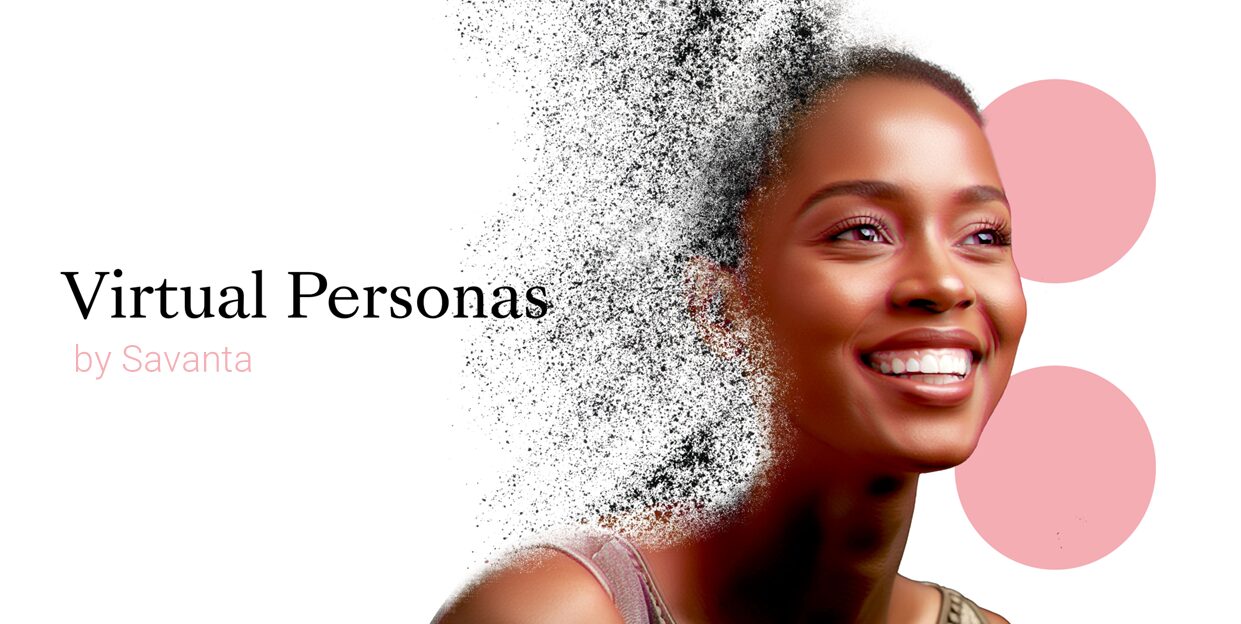
AI has now established a lasting presence in retail. Think Cartier’s virtual try-ons or Kering’s personal AI shopper, Madeline.
It has stepped out from behind the scenes and into the spotlight as a direct consumer interface and nowhere is that shift more obvious than in platforms like OpenAI’s ChatGPT. ChatGPT now offers personalised product recommendations complete with images, price comparisons, reviews, and direct purchase links – all within a single generative AI interface.
Notably, these are not ad-based or sponsored results; they are organic and tailored to the use. And that’s shaking things up as it evolves into a key competitor for traditional search engines such as Google, e-commerce giants like Amazon and even peer-to-peer recommendations.
This is seemingly evident as Google’s search dominance recently dipped below 90% for the first time in nearly a decade (Statcounter). Whilst ChatGPT has soared to over 400 million active users at the start of 2025, up a million in just two months (Business of Apps).
Generative AI’s impact on luxury retail
So, what does all this mean for luxury retail?
Luxury consumers demand exclusivity and personalisation; and that’s where generative AI comes into its own. ChatGPT, with its ad-free, conversational dialogue, offers bespoke recommendations in a way that feels intuitive and personal rather than the transactional nature of traditional advertising.
But don’t just take my word for it… according to Savanta’s Q1 2025 MillionaireVue data, just over 1 in 5 high-net-worth (HNW) consumers said they’re open to using AI for personalised recommendations when shopping for luxury fashion or accessories. With younger shoppers (18–34) showing a strong preference for fully online luxury purchasing option. Clearly indicating that this audience is ready for an AI-enhanced shopping journey.
The power to reduce decision fatigue
ChatGPT cuts through the noise of traditional online shopping, streamlining the research to purchase journey by narrowing choice and consolidating product discovery, comparison, and purchase into a single interface.
It significantly reduces cognitive load for the consumers and helps make informed decisions. Additionally with direct purchase links embedded into the experience, users can move from consideration to conversion without ever leaving the platform, removing friction and reduces drop-off rates facilitating this decision-making and making the journey more enjoyable and less overwhelming.
An opportunity to boost loyalty
Looking ahead, while still in development and limited to certain regions, future updates to ChatGPT are expected to remember user preferences across these shopper conversations.
This capability could potentially foster a deeper engagement between users and preferred brands paving the way for stronger brand-user relationships. For luxury retailers, this has the potential to drive both conversion and long-term loyalty based on preference.
Authenticity remains key for luxury brands
However, AI integration in luxury retail is not without its challenges. Authenticity remains non-negotiable. According to MillionaireVue, younger HNW consumers rank “the brand remains true to its values” among their top three decision drivers, significantly more so than older cohorts. So, while innovation is key, it must align with a brand’s core identity. AI should enhance a luxury brand’s heritage and narrative, not override it.
Balancing technology with human-centric experience
Even in a tech-forward world, the luxury market thrives on human connection. MillionaireVue data found 52% of HNW shoppers say they prefer deeper connections with brands, rather than faster, more transactional engagements (42%), confirming the continued importance of emotional storytelling and personal relevance.
Brands must strike a balance, integrating AI without compromising the luxury shopper experiences that defines this category. An example of this balance is Brunello Cucinelli’s Solomei GenAI-powered website, which offers a narrative-driven experience that adapts to real-time user interactions, building upon the brand’s heritage and storytelling.
Protecting both brand and buyer
As AI becomes more embedded in the luxury path to purchase, brands will need to be vigilant. One key concern is counterfeits. AI platforms can easily recommend lookalikes if protections aren’t in place. If AI can’t distinguish between the real and the replica, that’s a problem.
Equally critical, are concerns around data privacy and security. As AI platforms collect and analyse user data to deliver personalised suggestions, luxury brands must uphold the highest standards of compliance, particularly in regions like the UK and EU, where regulations are stringent. Transparency, consent, and consumer trust must remain at the forefront.
Generative AI is no longer a futuristic novelty; it’s a powerful new starting point in the consumer journey.
For luxury retailers, the challenge is clear: how do you stay true to your craftsmanship, heritage, and emotional depth, while embracing a fast-moving, data-driven future? The opportunity isn’t to replace the luxury experience, but to refine it.
Let AI take on the heavy lifting by cutting through decision fatigue, personalising discovery, and smoothing the path to purchase.
The next move for luxury leaders? Begin treating AI platforms like ChatGPT not as peripheral tools, but as critical touchpoints in the path to purchase. That means aligning your storytelling, ecommerce, and omnichannel strategy to work in harmony with these new interfaces.
Speak to our team
Looking to navigate this digital transformation we’re seeing? Speak to one of our Wealth specialists today.




